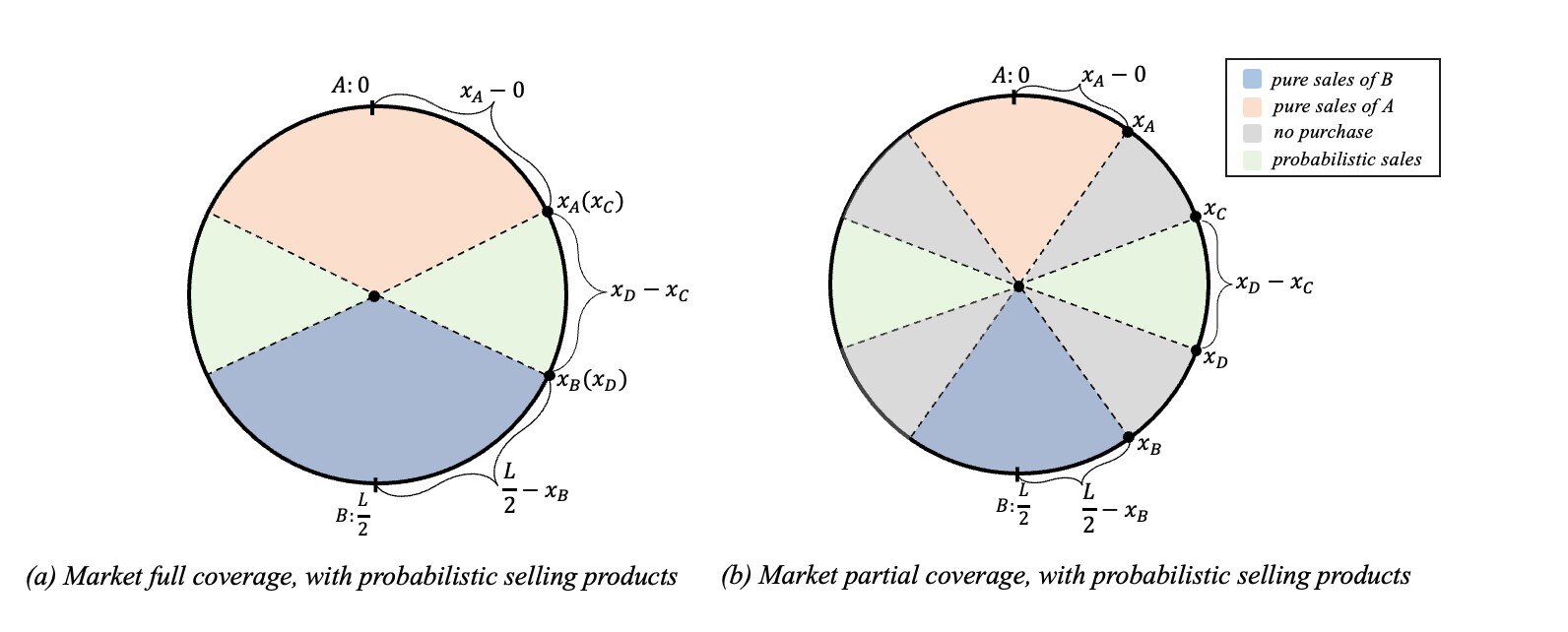
by KeAi Communications Co.

In today’s digital age, the travel industry is undergoing a significant transformation, with online platforms becoming central hubs for a variety of travel services. These platforms allow travelers to search, compare, and make purchases, moving beyond traditional offline methods.
A novel strategy, known as probabilistic selling, is gaining traction on these digital platforms. It involves withholding certain product details during the initial sale phase, revealing them only later. Major industry players, such as Expedia and Priceline, have used this strategy for hotel bookings, providing basic information like star rating and location initially, with full details disclosed post-purchase.
The car rental sector employs a similar tactic, with companies grouping vehicles into categories like economy and luxury, revealing the specific model only after payment. This approach has proven effective in driving revenue, attracting new users, and managing inventory efficiently.
In the airline industry, Chinese companies offer “fly at will” tickets(“随心飞” or suixinfei in Chinese), allowing travelers to choose a departure location while keeping the destination and time a surprise. These tickets, offered at significant discounts, have gained immense popularity.
In the performing arts sector, the Shanghai Symphony Orchestra’s “Blind Box Concerts” have also embraced probabilistic selling, revealing the program only on the day of the performance and thus generating increased anticipation and engagement.
The COVID-19 pandemic dealt a heavy blow to the travel industry, with hotel revenues in the US halving in the first half of 2020 and luxury hotels experiencing even steeper declines. A slow recovery is projected, extending into 2023 or 2024, highlighting the importance of innovative sales strategies like probabilistic selling.
Recently, a group of Chinese economists studied the effectiveness of probabilistic selling in digital travel platforms, focusing on its impact on profits and social welfare. Using the Salop circular city model, they analyzed various scenarios, such as the full market coverage and partial market coverage cases.
The findings indicate that probabilistic selling not only enhances market demand but also boosts consumer satisfaction, benefiting both the platform and the sellers. Importantly, these outcomes are consistent regardless of the number of sellers or the timing, underscoring the versatility of probabilistic selling as a tool for digital platforms.
The team published the study findings in the Journal of Economy and Technology. Notably, the study contributes valuable insights into the evolution of digital platforms and their adoption of probabilistic selling strategies, highlighting the positive implications for the travel industry in the digital era.
More information:
Tongyuan Shen et al, Digital marketplace: The role of probabilistic selling strategies in the travel industry, Journal of Economy and Technology (2023). DOI: 10.1016/j.ject.2023.10.003
Provided by
KeAi Communications Co.
Citation:
Digital marketplace: The role of probabilistic selling strategies in the travel industry (2023, December 5)
retrieved 5 December 2023
from https://phys.org/news/2023-12-digital-marketplace-role-probabilistic-strategies.html
This document is subject to copyright. Apart from any fair dealing for the purpose of private study or research, no
part may be reproduced without the written permission. The content is provided for information purposes only.





